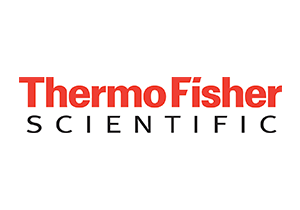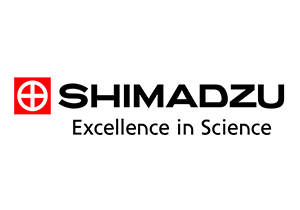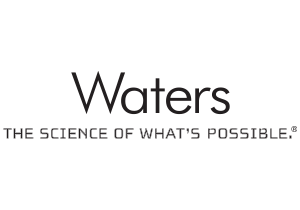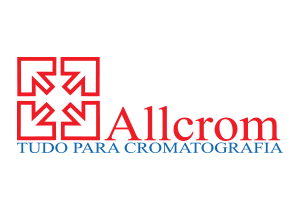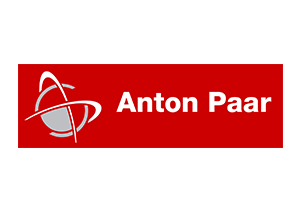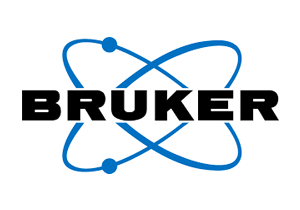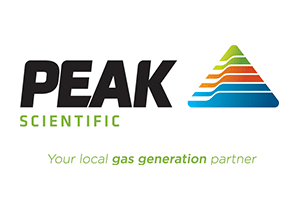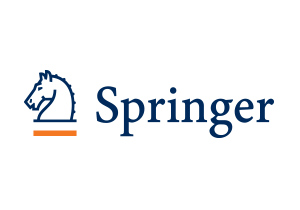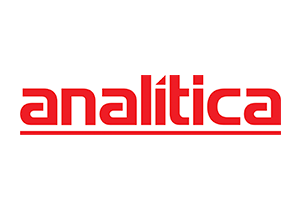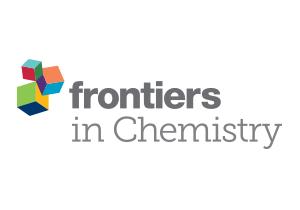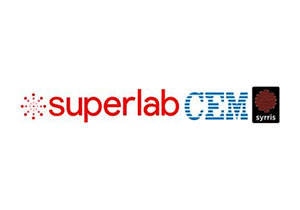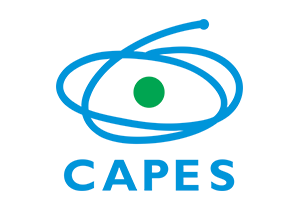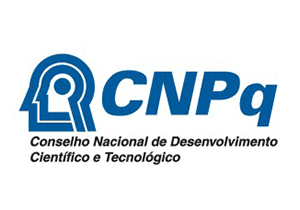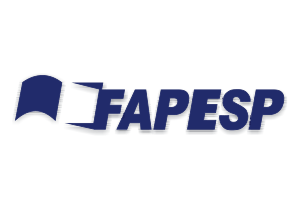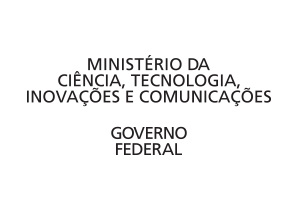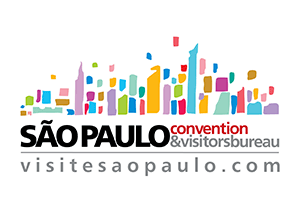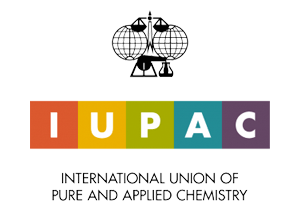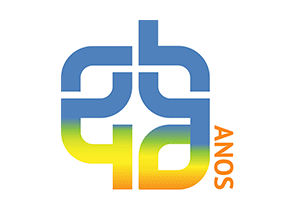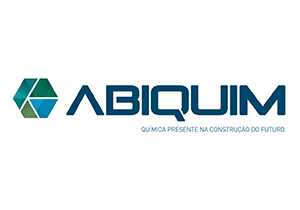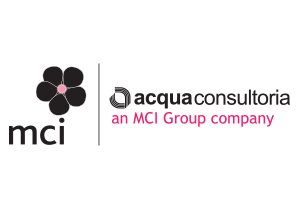46th World Chemistry Congress
40ª Reunião Anual da Sociedade Brasileira de Química
July 9 to 14, 2017 - São Paulo - Brazil
IUPAC 49th General Assembly
July 7 to 13, 2017 - São Paulo - Brazil
Sustainability & Diversity through Chemistry

46th World Chemistry Congress
40ª Reunião Anual da Sociedade Brasileira de Química
July 9 to 14, 2017 - São Paulo - Brazil
IUPAC 49th General Assembly
July 7 to 13, 2017 - São Paulo - Brazil
Sustainability & Diversity through Chemistry
Special Symposia
- Commemorative Symposium
40th Anniversary SBQ - Research Data, Big Data, and Chemistry
- Women in Chemistry
- Young researchers in Chemistry
Commemorative Symposium
40th Anniversary SBQ
The Brazilian Chemical Society - SBQ, founded in 1977, is one of the largest and most representative scientific associations in Latin America. The SBQ Annual Meeting, which occurs every year since its founding, has been the most important chemical event in Latin America over the last decades. In 2017, we are very proud and enthusiastic to celebrate the 40th anniversary of our society and organize the 40th Annual Meeting of SBQ. The event will take place with the 46th IUPAC World Chemistry Congress (IUPAC-2017) in São Paulo from July 9th to 14th. The theme for this meeting will be "SBQ 40 years" in order to inspire a deep reflection about the past and the future challenges of our society. Scientific sessions will be held on July 12th afternoon for all the thirteen SBQ divisions. The SBQ Ordinary General Assembly and a great birthday party will also be held on this date. All activities are meant to strengthen the bond between our members. The Board of SBQ and the scientific division directors will not measure efforts to prepare an unforgettable celebration! Join us in celebrating the 40th anniversary of SBQ!
Research Data, Big Data, and Chemistry
In recent years research data has emerged as a topic of importance for the advancement of science, especially its publication and reuse. While funding agencies in diverse countries around the globe have issued public access policies on journal articles for some time now, they are starting to shift that focus to the research data itself. Academic libraries, scientific societies, publishers, and some researchers themselves have been involved in the discussion. There are a number of motivations for this focus on research data. One aspect is a consideration of reproducibility. There is an assumption that making research data more broadly available will result in greater reproducibility of research results, and also serve as a deterrent to research fraud. In addition, the availability of research data would help other researchers to validate and/or question the results of published research. There is also the potential that big data, the broad availability of research data and journal articles, coupled with informatics and computational technologies, could accelerate the discovery of new knowledge. This symposium will examine the many different facets of research data, including its generation, publication, access, and reuse.
Symposium Organizers: David Martinsen, ACS (Retired), currently David Martinsen Consulting, Rockville, MD, USA, Martinsen.david@gmail.com; Leah McEwen, Chemistry Librarian, Cornell University, Ithaca, NY USA, lrm1@cornell.edu.
Women in Chemistry
2017 Distinguished Women in Chemistry/Chemical Engineering Award: The International Union of Pure and Applied Chemistry (IUPAC) is happy to announce the call for nominations for the IUPAC 2017 Distinguished Women in Chemistry or Chemical Engineering Awards. This important awards program started during the 2011 International Year of Chemistry celebrations, and was created to recognize outstanding chemists and chemical engineers women scientists and promote their work worldwide.
Several eminent women scientists already were award-winning since 2011. In 2011, 23 women were honored during a ceremony held at the IUPAC Congress in San Juan, Puerto Rico, on 2 August 2011. In 2013, 12 women received this recognition during the 2013 IUPAC Congress in Istanbul, Turkey. Last year, in Busan, Korea, similar award ceremony was take place during the 2015 IUPAC Congress.
Distinguished Women in Chemistry or Chemical Engineering have been selected based on excellence in basic or applied research, distinguished accomplishments in teaching or education, or demonstrated leadership or managerial excellence in the chemical sciences.
Symposium Organizers: Carolyn Ribes, Technical Leader, Core Research and Development, Dow Benelux BV; Fabienne Meyers, Associate Director of IUPAC and Vanderlan da S. Bolzani, IQAr-UNESP, SBQ counselor Member , Araraquara, SP, Brazil, (bolzaniv@gmail.com).
Prof. Yvonne P Mascarenhas
Professor Ingrid Montes
Prof Misako Aida
Prof. Zafra M Lerman
Prof. Dr. M. Concepción Gimeno
Prof. Lifeng Lifeng
Dr. Veronika R Meyer
Prof. Dr. Thisbe K Lindhorst
Professor Ekaterina S Lokteva
Professor Frances Separovic
Mei-Hung Chiu
Young researchers in Chemistry
Young chemists are the future of the scientific community. At the 46th IUPAC World Chemistry Congress in Sao Paulo, Brazil, a group of young scientists is coming together to have their voices heard on important topics. In addition to two symposia, one on Environmental/Green Chemistry and one on Intellectual Property, the International Younger Chemists Network (IYCN) will be having their inaugural meeting with a younger chemists’ society poster session. IYCN has been established “to communicate, collaborate, educate, and mentor” early career chemists around the world. In honor of this milestone we encourage all younger scientist to come represent their society, as well as participate in these events that will take place throughout the conference to bring young chemists together with members of the IUPAC Congress.
While the world is constantly changing and advancing, the need for sustainable practices in research has become of utmost importance. The field of Environmental and Green Chemistry aims to do just that – undergo research while maintaining green laboratory techniques. All areas of chemical research (organic, materials, analytical, etc.) can benefit from safer and more environmental friendly lab practices and experimentation. That makes this topic a perfect platform to bring chemists from various fields and countries together to discuss these issues.
Another important issue is the creations of the human mind, or in other words: intellectual property. Despite a worldwide regulation of how to protect intellectual property in the form of patents, copyright and trademarks, it is many times not always intuitive what these legal documents apply towards. Cultural and legal differences around the globe further complicate these circumstances. Younger scientists are educated to become inventors and developers in their field. However, many times the basics about intellectual property are taught insufficiently. In this symposium the basics will be covered for younger chemists to better understand intellectual property in today’s world.
Finally, an open route of communication towards all younger chemist societies will be provided through a poster session and coffee break. While physical attendance of conferences is not always possible, it is often the most productive route to establish collaborations and share experiences. By bringing together all younger chemist societies that are present at the IUPAC World Chemistry Congress we can begin to build bridges that will enable everyone to work towards the advancements of scientific endeavors. Chemistry societies are encouraged to support at least one young chemists to come, attend, and share their experiences and outlook of what the future can bring for young chemists around the globe.
Symposium Organizers: Jens Breffke (National Institute of Standards and Technology (NIST), Gaithersburg, Maryland, USA; breffke@gmail.com), Paula Bueno (Institute of Chemistry, São Paulo State University, Araraquara/SP, Brazil; paulabueno@yahoo.com) Christine Dunne (Colorado State University, Fort Collins, Colorado, USA; christine.dunne@colostate.edu)
If you would like to be involved in either the Green Chemistry or Intellectual Property symposium please contact any of the three organizers.
Topics
1.1 Uniting Young Chemists on a Global Platform
1.2 Intellectual Property
1.3 International Younger Chemists Network (IYCN) Networking Poster Session



